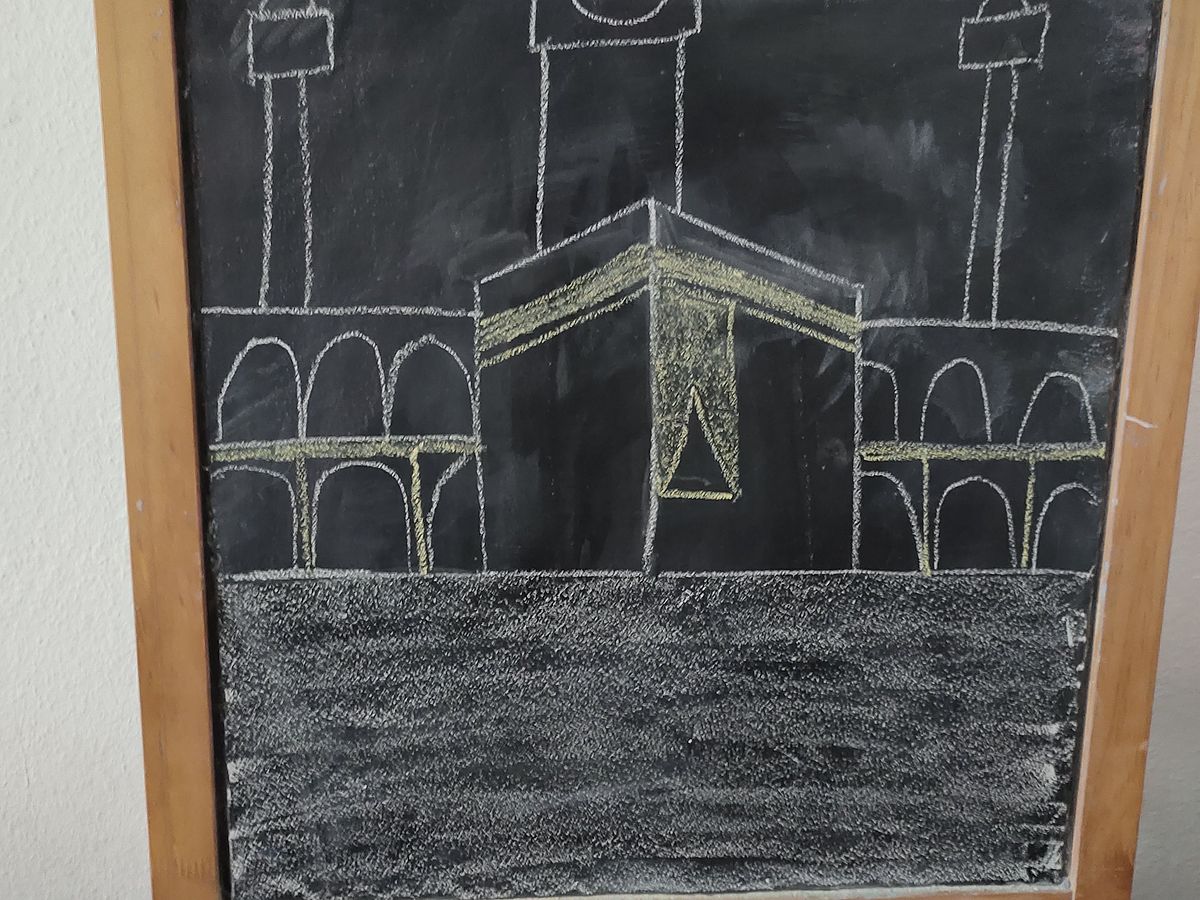PhD Projects
Bridging the Divide? Crossing borders for coexistence in the divided city of Mitrovica: A narrative ethnography
Anne Kauhanen, PhD Project

The once multicultural and economically strong city of Mitrovica was divided into a Kosovo Serb and Kosovo Albanian side along the Ibar River after the Kosovo War. Since the division, Mitrovica has developed a reputation as the site of the ongoing Kosovo conflict. The division has contributed to the emergence of a space in which the existence of the other is negated, nationalistic self-images and narratives are manifested and parallel structures are built – at least this is the image spread about Mitrovica by the media.
The goal of my dissertation is to research the movements and experiences beyond the ideologically polarized and hardened fronts in Mitrovica and to highlight these insights - against the narrative of Mitrovica only being a city and space of conflict. My research takes a closer look at the circumstances under which these movements beyond the borders and boundaries occur and are being enabled and to the strategies, which individuals and institutions have developed to carry out these movements ‘beyond’. In addition, my research discusses the question, whether and to what extent these movements and movements of crossing-over could contribute to a peaceful coexistence and ultimately to the reunification of the city.
Negotiations of the self on Muslim online platforms
Rosa Lütge, PhD Project

The project focuses on Muslim online platforms that create a space for exchange about lifestyle, empowerment and inspiration. The target group of these platforms are mostly young Muslims all over the world, but mainly in the USA and Europe and they refer to different issues such as parenthood, travel, beauty, fitness and self-care but also questions of Muslim communities, the religiosity of the individual, discrimination and marginalization. They offer opportunities for participation, visibility and networking and counter stereotypical representation of Muslims.
The aim of the research project is to examine the representations of the self and the intersectional negotiations of religion, emotions, gender but also subversions that emerge in Muslim online platforms. What characterizes this self-representation? What discursive entanglements emerge? In what ways does resistance to hegemonic discourses and stereotypical portrayals take place? What is the effect of discourses surrounding, for example, the handling of emotions, and what role does religion play?
Answering these questions will shed light on social transformation processes through digital cultures, resistance and empowerment of marginalized religious groups, and neoliberal entanglements.
Formations of authority in popular spiritual social contexts
Lucie Gott, PhD project

Since the “cult wars” of the 1980s and 1990s, empirical research in the Study of Religion has focused on the changes in social formations that popular spirituality has undergone in recent decades. Research has shown increasing levels of fluidity in the field, which is now dominated less by strongly hierarchical, closed groups than by individuals “wandering” from one offer to another in search of the “path” that suits them best.
In recent years, this seems to have been countered by a resurgence of media interest in contemporary spiritual groups. As was the case three to four decades ago, podcasts and television documentaries report on strict hierarchies and religiously legitimized subordination with a warning undertone.
This is where the PhD project comes in. Against the backdrop of current research on popular spiritual social contexts, it asks whether and how authority is formed and reproduced even in contexts with a relatively low degree of organization. The focus lies on strategies of legitimization and on factors which facilitate the formation and maintenance of social hierarchies. In particular, structural and specific ideological elements are examined. The project builds on findings from current research on community formation in the field of popular spirituality and explores selected communities and (loose) groupings through interviews and participant observation.
The project is committed to a power-critical approach and aims not only to contribute to updating the state of research on social dynamics in popular spirituality, but also to provide insights into the formation of power that can help to understand and break down hierarchies.

People form a unique identity over the course of their lives (Papalia, 2008). Identity is the development, interpretation and control of impulses (drives), abilities, beliefs and experiences, including choices about work, sexual orientation and philosophy of life (Woolfolk 2011). Identity is always something that people or groups also work on in a reflexive way (Brubaker, 2000). In this respect, identity is understood as a product of the interaction between the individual and society, which is in constant process of change (Hall, 1996). Depending on the individual's position in society and a change of this position through new decisions or external influences and changes, it changes (Grotevant, 1987). The social context as well as the position and self-positioning within this plays a central role in the formation of individual identity as well as the self-understanding of one's own identity. The dissertation project therefore aims at the investigation of how religious identity formation of young Muslims in Germany develops and how it is shaped by religious education. Therefore it focuses on the Muslim teachers perspectives of the transmission of Muslim tradition, their didactics, methodology and objectives as well as their description of the specific situation in Germany within and outside the school context.
While much of the research to the present has focused on survey the identity of young Muslims, the focus of this research is on Muslim teachers and their target conceptions of what constitutes a good Muslim and how the appropriate and target-oriented methodology and didactics for the German context looks like. What particular challenges do they see for the formation of Muslim identities in the German context and in what way do they respond to this in their educational offers and teachings?
The study will first discuss the concept of identity formation in the context of religious and social studies as well as the methods used as a medium for imparting knowledge and teaching. The core of the study is the qualitative-empirical investigation based on Grounded Theory (Glaser/Strauss 1967). For this purpose, a broad sampling of interviews with Islam teachers is compiled, which in advance takes contrasts into account (e.g. urban-rural, gender, hijab or non-hijab Muslims, teachers within public schools and in mosque communities etc.) as well as - according to the GTh - searches for hypothesis-related contrasts regarding.
The results aim not only to reflect on the identity formation of young Muslims in their influence through Islamic educational offers in Germany, but also to critically reflect on religious education work in this area.

![[Translate to English:] Zur Startseite des Instituts für Religionswissenschaft und -pädagogik](/fileadmin/user_upload/fachbereiche/fb9/reliwiss/Fotos_und_Bilder/Logos/logo_mit_schrift_schwarz_1892x588_01.jpg)